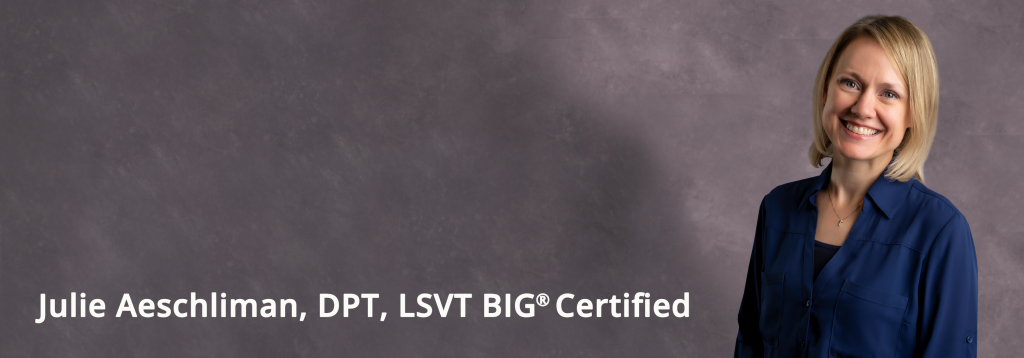Incontinency is no coughing, sneezing, laughing matter.
Scared to Cough, Sneeze, or Laugh?
The loss of bladder control is a common problem. It is estimated that a third of the female population suffer from incontinence. It often occurs or gets
worse as we age, but it is not considered a normal part of aging. It can happen at any age and in most females, it is manageable.
There are 5 types of incontinence:
• Stress Incontinence which is leakage of urine with exertion such as sneezing, coughing, laughing, exercising, or any time there is pressure on the bladder.
• Urge Incontinence is when there is a sudden, strong urge to urinate followed by a loss of urine.
• Mixed Incontinence is a combination of urgency to urinate along with urine leakage from physical exertion (sneezing, coughing, laughing, or exercising).
• Overflow Incontinence is the frequent or constant dribbling of urine due to the bladder not emptying completely.
• Functional Incontinence is involuntary loss of urine associated with not being able to reach the toilet in a timely manner.
If you are experiencing any of these symptoms let your healthcare provider know. Incontinence training may be a treatment option for you.
How Can Physical Therapy Help?
A specially trained physical therapist will perform an evaluation to design an individualized treatment program and determine which of the following treatments will work best for you.
• Pelvic floor muscle retraining to increase the strength of the muscles supporting the bladder.
• Core muscle training to contract abdominal and back muscles for further support of pelvic organs.
• Bladder training to learn technique to control bladder urgency and reduce incontinence episodes.
• Dietary education to help identify food and beverages that may aggravate the bladder.
• Proper lifting techniques to avoid straining and excess stress on the pelvic floor.•
• Lifestyle modifications to maintain good bladder health.
What to Expect during a Pelvic Physical Therapy appointment
• A private treatment room
• The evaluation can be done externally or internally
• It will last about an hour.
To learn more about the incontinence program, call our Specialty Clinic at (641) 622-1180 to schedule a consultation with Julie Aeschliman, PT.

Julie Aeschliman, DPT, graduated from the University of Iowa with a B.S. in Exercise Science in 2004 and a Doctorate in Physical Therapy in 2006. Her professional interests include women’s health, BPPV, geriatrics, balance training, and orthopedics. She is level I certified in Pelvic Physical Therapy, which is focused on treating incontinence in women. Julie became LSVT BIG certified in August 2022.
Julie lives in Ottumwa with her husband, Todd and two sons. She enjoy spending time with her family, biking, exercising, kayaking, camping, and watching sports, particularly college basketball and football.
